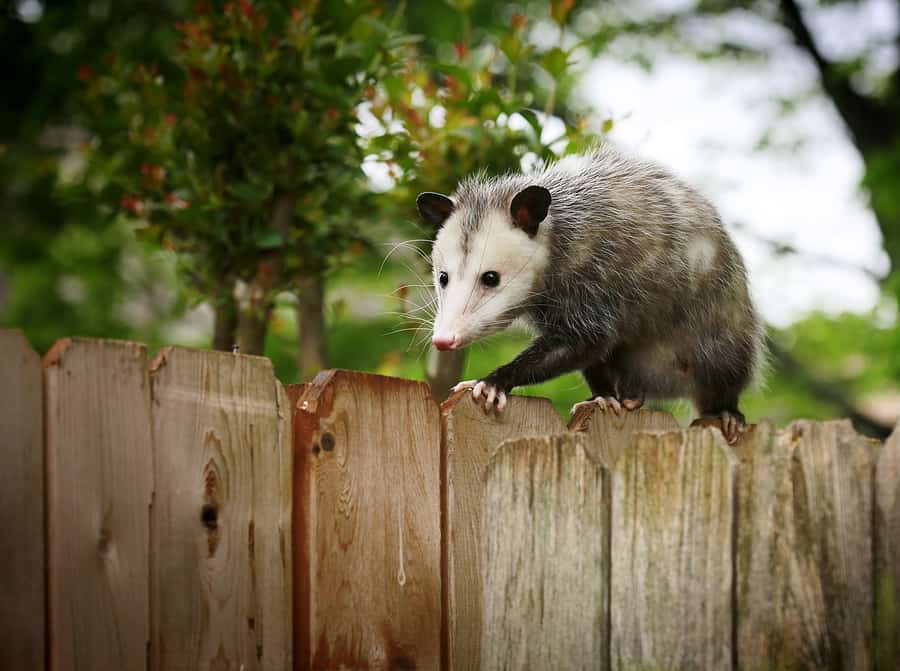READY TO GET STARTED?
REQUEST A FREE ESTIMATE
Fill out the form below or call (888) 466-7849 for a free, no-obligation estimate.

It’s true – many wildlife creatures invade and infest homes during the colder months of the year. However, there are still plenty of pests that are active and looking for a place to inhabit. Knowing which types are prevalent this season and how to prevent them can help you protect your home and family.
Snakes
As coldblooded animals, snakes get their energy from the sun. Because of this, snakes are more active during the warmer months as they require more energy to mate. You’ll typically see snakes out in the early morning and late evenings to avoid the high heat of midday. When they aren’t out, snakes like to hide out in cool, dark places such as underneath rocks and decks. You could also find them hiding out in your basement if they’ve gained access.
To keep nuisance pests from infesting your property it’s important to keep your lawn neat and clean. Clean up any yard clutter, such as piles of leaves and wood. Keep your grass mowed to eliminate coverage and trim bushes and hedges regularly. Always check your garage, garage doors, windows, and exterior doors for gaps and seal any openings.
Opossums
During the spring and summer, opossum females care for their young, meaning they are more active in searching for food to nourish them with. These animals are nocturnal and search for food at night. During the day, possums will hide in trees where they will stay until the evening. While they eat unwanted pests such as snails, cockroaches, spiders, and rats, they also eat garbage, fruit, grass, and roadkill.
To prevent opossums, keeping food from being left out outside your house is crucial. Make sure you bring in pet food and water from outside. Pick up any fruit that might have fallen from trees, including tossing out the rotten ones. It’s equally important to keep your garage doors, pet doors, or unscreened windows closed during the night.
Rats
Rats are active year-round, but the warmer weather provides them with more sources of food. These rodents can reproduce very quickly and controlling them can become difficult once they’ve infested. Rats will typically make burrows before wintertime, building these under buildings, concrete slabs, around lakes and ponds, and even near the garbage. These wildlife creatures can be a risk to humans as they can contaminate food, chew wires causing fire hazards, and their urine and feces can cause health concerns.
Taking necessary precautions before you start seeing rats is the key to preventing them. Check around the exterior of your home and seal up any cracks, crevices, and holes found in the foundation or siding. Remove clutter throughout your garages and storage areas, along with using plastic storage instead of cardboard. Keep your kitchen clean from any crumbs and spills and take your trash out regularly.
If you’ve taken the necessary steps to prevent these common wildlife but are still seeing them, it might be time to call your local pest control company. They’ll be able to assess the wildlife issue and provide you with the best wildlife control and wildlife exclusion options.
Categories